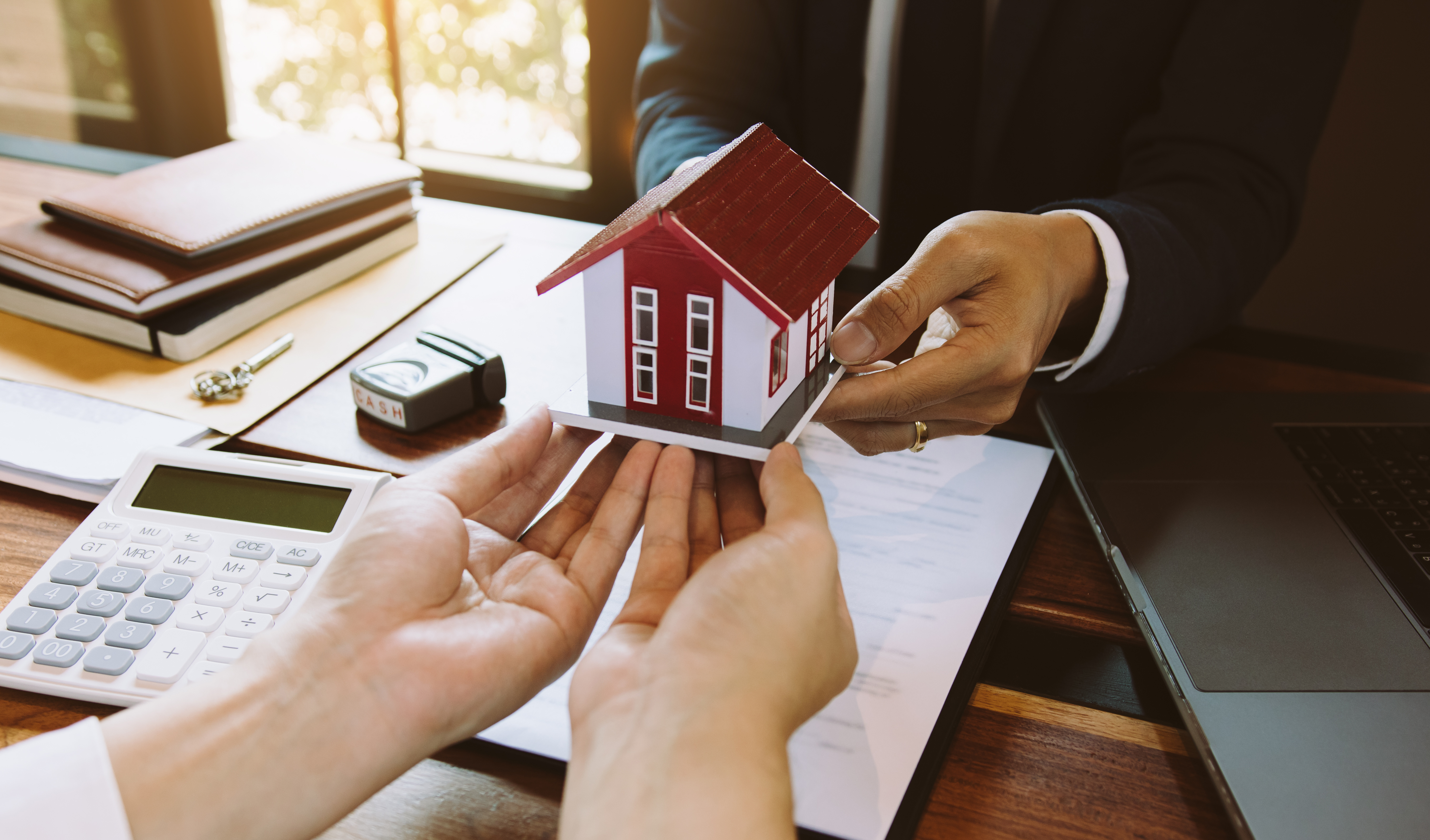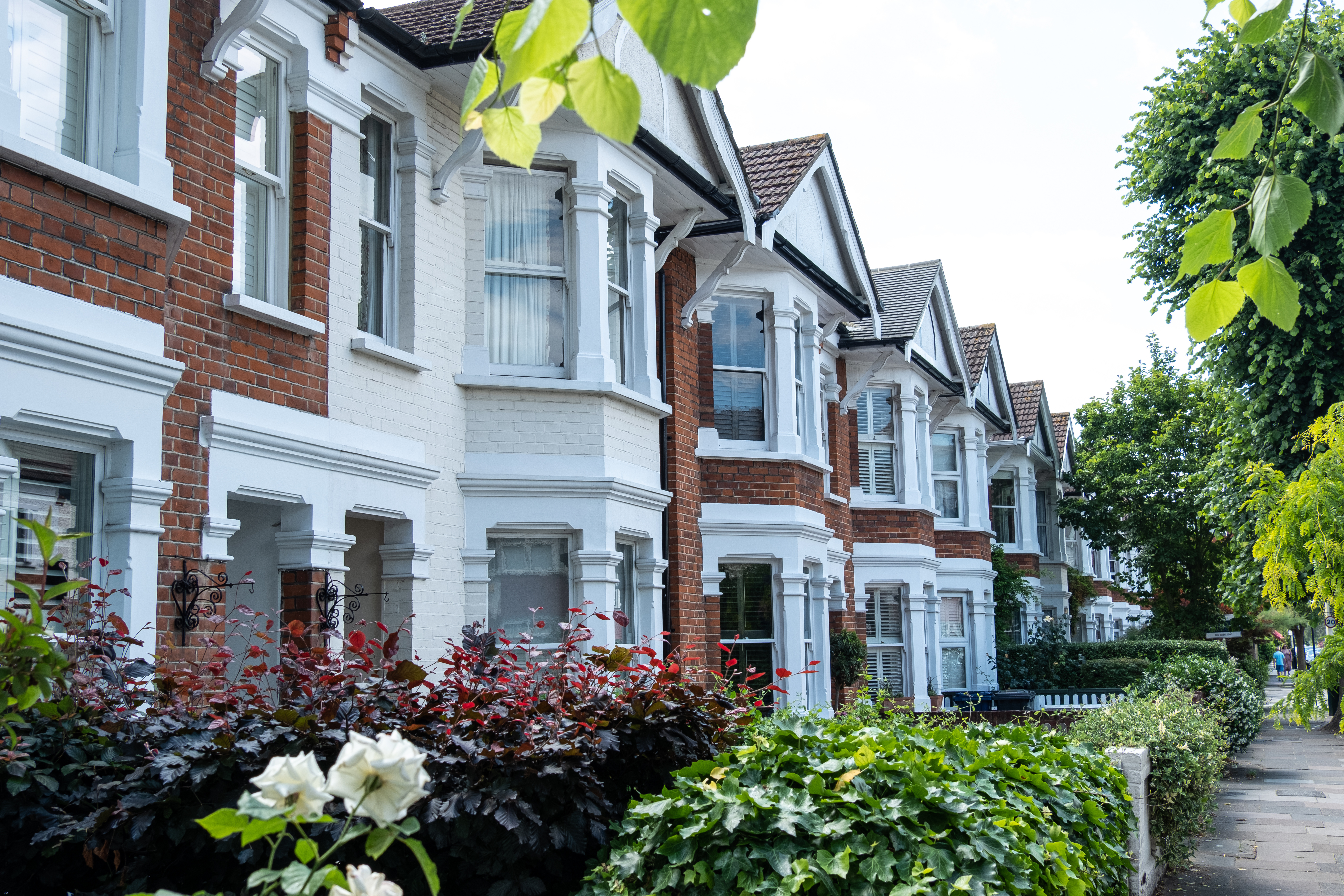8 Rules For Buying Property
It’s very rare that two property purchases are the same, while one property investment could be the foundation to building wealth, another could be a monetary black hole. But what is the difference between the two?
To ensure that you are making the most out of your property purchase, it is vital to be well informed from the outset, to ensure that you are making the right buying decisions. The choices that you make during the property buying process will have a significant impact on the potential return on your investment in the long term.
Simply purchasing a home at what is considered a fair market value will NOT guarantee that you will see a good return in the future. To help you out, today we are bringing you eight of our golden principles that you can apply to any property acquisition.
8 Rules For Buying Property
1. Determine what you are purchasing the property for
The first step is to decide whether you are purchasing the property as a home to live in or you are purchasing the property for investment purposes. This decision will give you a bearing on how you approach the purchase.

2. Do your research
If you are buying the property with the intention of living in it as your primary residence, the decision-making process will be far more emotionally guided. In this instance, you should consider the aspects of the property and the surrounding area that appeals to you personally. For example, this could be:
● Nearby schools
● Your commute to work
● Transport links
● Local amenities nearby (supermarkets, leisure centres, etc)
● Doctors / healthcare
● The safety of the area (research the crime rate, the protection available)
However, if the property purchase is solely for investment purposes then it is more important to research what appeals to possible tenants in the area and who the tenants might be, to ensure that you are making a worthy investment.
3. Ask questions
Although it is possible to find a lot of information about an area online, nothing can replace checking out the location in person. Take the time to drive around the area and walk the streets. Consider what the traffic is like, who the potential neighbours will be, in addition to locating the local facilities and amenities.
Ask as many questions as possible to your estate agent to ensure that you are being well-informed prior to the purchase. Any local estate agent will be happy to provide you with information regarding the local property market and recent statistics and figures of sales the area, if it means that it will help to progress your purchase.
Note: Be sure to follow local restrictions in your area or new areas you are considering buying a property in. You can find lots of information about an area online and your estate agent will be happy to help.

4. Stick to the basics
Irrespective of the property market phase or external factors such as Brexit or the pandemic, sound property buying principles remain true. These can typically include:
● The property’s location
● The value per square foot
● The potential rental yield
These factors will always be the key criteria to base your decision on.
Further reading: How Has The Uncertainty Of Brexit Impacted The Property Market?
5. Don’t underestimate the importance of location
Never underestimate the importance of location when it comes to purchasing a property. Two homes can have exactly the same features but very different values depending on their location.
For example: To put it into context - the average house price can vary from as much as £500,000 from one tube station to another in London. Therefore it might be worth sacrificing a few extra minutes on your commute for the overall house price.
It is also even possible for homes to have different values based on which side of the street they are, what degree their garden or yard space is facing and so on. From an investment perspective, purchasing the worst home in a sought-after area is miles better than buying the best home in an area that is statistically negative or not as appealing. You can always refurbish the property but unfortunately you can’t do anything to an area!
Investment tip: If you are buying with the intention of letting the property out, you will need to consider that different aspects will be attractive to different people, so discovering your niche market is essential. As an investment buyer, you should also look at how many other rental properties are available in the area before you buy. The rental sector is driven by demand, and an investment could fall flat if there is an oversupply of properties available for rent in the area.

6. Having a plan is paramount
If you are investing, it is important to think about what you would like to achieve with your property portfolio and what needs to be done to get there. If you are buying a home to live in, it is essential to think about where you would like to settle for the next five to ten years.
Having a clear plan in place will help you remain focused and will give you something to work towards. Never limit your thinking to what you can afford right now, but rather what will be possible for you in the future.
7. Pay your debt prior
Access to finance is a key element to any property transaction. While around 30% of buyers can buy a home in cash, most buyers will require a mortgage to purchase a home. To increase your chances of getting a mortgage approval, ensure you have a favourable debt-to-income ratio and keep a clean credit record.
It is also vital to have a deposit of between 10% and 20% of the purchase price of the property, as well as additional funds for solicitor’s fees, stamp duty and various other costs associated with purchasing a home.
Looking for some help on how to save effectively? Check out some options below:
● Open a savings account
● Cut back on over-priced luxury living options / subscriptions
● Research whether you can access additional funding support
8. Remember why you are buying
A house is more than bricks and mortar. Although a return on investment is often at the core of every property buying decision, there are other aspects to be considered. The basic principle of purchasing a property is that if you wouldn’t want to live in it, it’s not likely many others would either. The property should appeal to you and you should want to own it.

Get in touch…
If you are looking to buy a property then please don’t hesitate to get in touch with your local agent at The Guild who will be more than happy to discuss your options, offer professional industry advice and help you to find your dream home.


